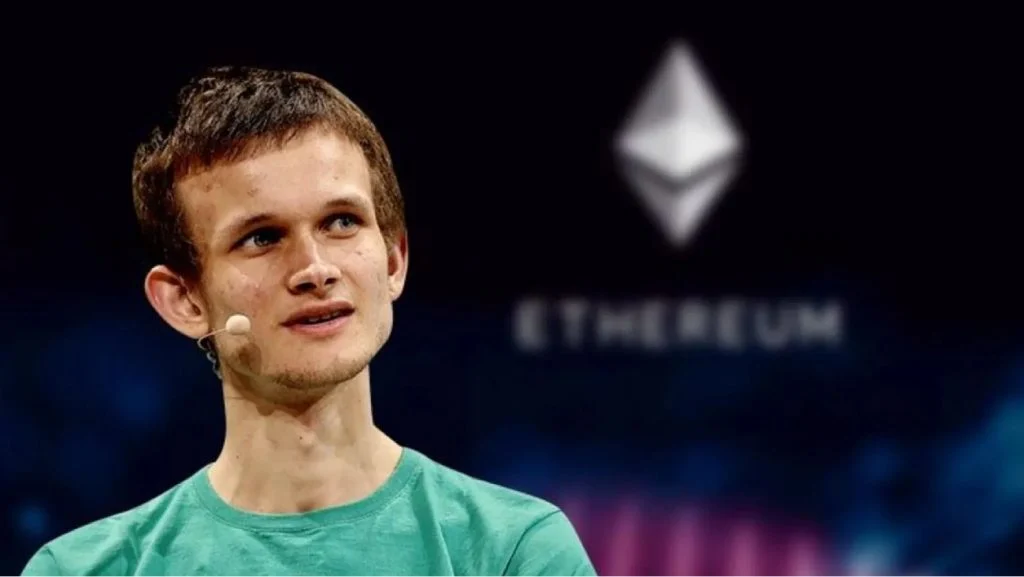|
Getting your Trinity Audio player ready...
|
Ethereum co-founder Vitalik Buterin has reiterated his support for reducing the minimum Ether required for solo staking on the network. Buterin believes that lowering the barrier to entry will encourage more individuals to participate in solo staking, strengthening Ethereum’s decentralization and security.
During a recent community discussion on X, Buterin expressed his desire to reduce the current minimum deposit of 32 ETH for solo stakers. Solo staking involves running a full node using personal hardware, independent of centralized entities or staking pools. While this approach offers greater decentralization, the high entry cost has limited participation.
Buterin has long emphasized the importance of solo stakers in ensuring Ethereum’s security. Even a small percentage of solo stakers can significantly enhance the network’s resistance to attacks like the 51% attack. By increasing the number of solo stakers, Ethereum can become more resilient and decentralized.
To address the high entry cost, Buterin has proposed several potential solutions. One option involves temporarily increasing the bandwidth requirements for solo stakers in exchange for reducing the minimum deposit to 16 or 24 ETH. However, this approach could be challenging for users with limited bandwidth.
Buterin’s ultimate goal is to lower the minimum deposit for solo staking to 1 ETH. This would make solo staking more accessible to a wider range of individuals, promoting greater decentralization and potentially increasing the value of ETH.
In addition to advocating for lower staking requirements, Buterin has also been critical of Ethereum projects that claim to be layer-2 networks without meeting specific technical criteria. He has emphasized the importance of these projects reaching “Stage 1” by the end of 2024 to be considered true layer-2 solutions.
Buterin’s continued efforts to improve Ethereum’s decentralization and security highlight his commitment to the long-term success of the network. As the Ethereum ecosystem evolves, it is likely that we will see further developments in solo staking and other areas that aim to enhance the network’s robustness and accessibility.
Disclaimer: The information in this article is for general purposes only and does not constitute financial advice. The author’s views are personal and may not reflect the views of Chain Affairs. Before making any investment decisions, you should always conduct your own research. Chain Affairs is not responsible for any financial losses.
I’m your translator between the financial Old World and the new frontier of crypto. After a career demystifying economics and markets, I enjoy elucidating crypto – from investment risks to earth-shaking potential. Let’s explore!




